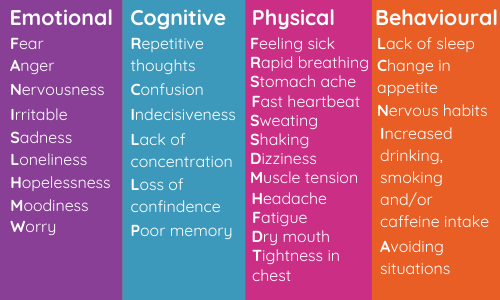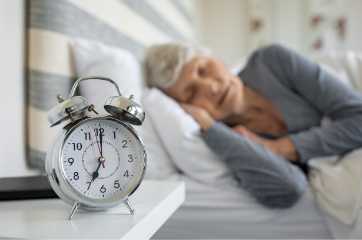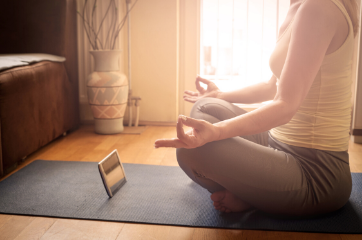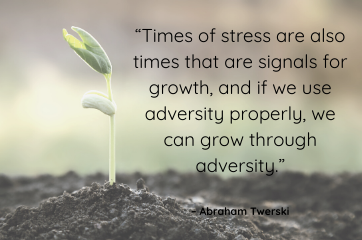Stress
What is stress?
Stress is very common and most people have experienced it at some point in their lifetime. We experience stress when we feel overwhelmed or under pressure, and it can actually help us in carrying out the typical demands of our lives.
Stress is usually caused by an event or trigger. Some examples may include:
- loss of a job
- financial worries
- work pressures
- illness of a friend or relative
- upcoming social event
- exams
- having a baby
- moving house
- relationship difficulties
We can’t always control the stresses that emerge from the outside world, but we can find ways of managing stress so it doesn’t have such a negative impact on our health and wellbeing.
Is stress the same as anxiety?
There are certainly many similarities between the two as they share similar physical and emotional symptoms.
Anxiety is more internal, as it is an ongoing feeling of unease or dread that can be felt even in non-threatening situations.
Stress is a feeling that usually passes once the problems that have been causing stress have been solved. It can actually be helpful by motivating you to reach a deadline and is short term, whereas anxiety lingers on for much longer and can have a negative impact on your daily life.
What are the common symptoms of stress?

How can we manage stress?
One of the best ways of coping with stress is to pay attention to it and think about how you’ve successfully coped with it in the past. Being aware of how your mind and body has responded in the past can help make the next stressful event less distressing. You will be able to predict how youmight react and put things in place that will help you cope better.
There are also certain lifestyle changes that you can make to help alleviate some of the symptoms of stress.
What can help me manage future stress levels?
A Healthy Diet

Eating a healthy diet gives you energy to keep active throughout the day as well as absorbing nutrients that are vital in helping the body grow and repair itself. When you’re stressed, your body can be under pressure and it can be tempting to reach for unhealthy food, alcohol and/or drugs. However, this can be damaging and make you feel worse in the long-term.
Getting Enough Sleep

A good night’s sleep is very important in helping you manage stress in the waking hours. The brain chemicals connected with deep sleep are the same ones which tell the body to stop producing stress hormones. Therefore, the less sleep you have the more stress hormones you’ll have circulating in your body the next day, and this can become a vicious circle: the more stressed you are, the more difficult it is to get a good night’s sleep! Therefore, a good sleep routine is essential in addressing poor sleep patterns.
Regular Exercise

Exercise can reduce production of the body’s stress hormones: adrenaline and cortisol. It works by stimulating the production of the body’s natural painkillers and mood enhancers such as endorphins. Just five minutes of aerobic activity can help reduce stress and anxiety symptoms enough for a person to feel the benefits. Exercise also improves our ability to get some good sleep, so it is essential in managing the effects of stress. Get some ideas here.
Relaxation Techniques

Practising relaxation techniques such as deep breathing, meditation, yoga and mindfulness can help you cope with the damaging effects of stress. When you relax your breathing and heart rate slows down, which in turn lowers your blood pressure, reduces pain and brings your body and mind back into a state of equilibrium.
Keep a Journal or Take Up a New Hobby

Keeping a journal or a sketch book can be another great way of managing stress. It can help you understand what you’re feeling and help you make positive changes to your life. To learn more about the process, you can visit:
https://www.psychologytoday.com/gb/blog/arts-and-health/201606/art-making-and-stress-reduction
Talk to Someone

Talking to someone can be a useful stress-reliever. Having someone listen and show concern for us is reassuring, and usually offers a different perspective when we feel helpless.
What happens if I feel I cannot manage my stress by myself?
A certain amount of stress and anxiety in life are natural. It is also important to recognise when stress is getting too much to manage by yourself. Unmanageable stress and anxiety can have negative effects on your physical and mental health if left untreated for long periods of time. If you feel like this is happening to you, seek help from your GP or another healthcare professional. But remember…

